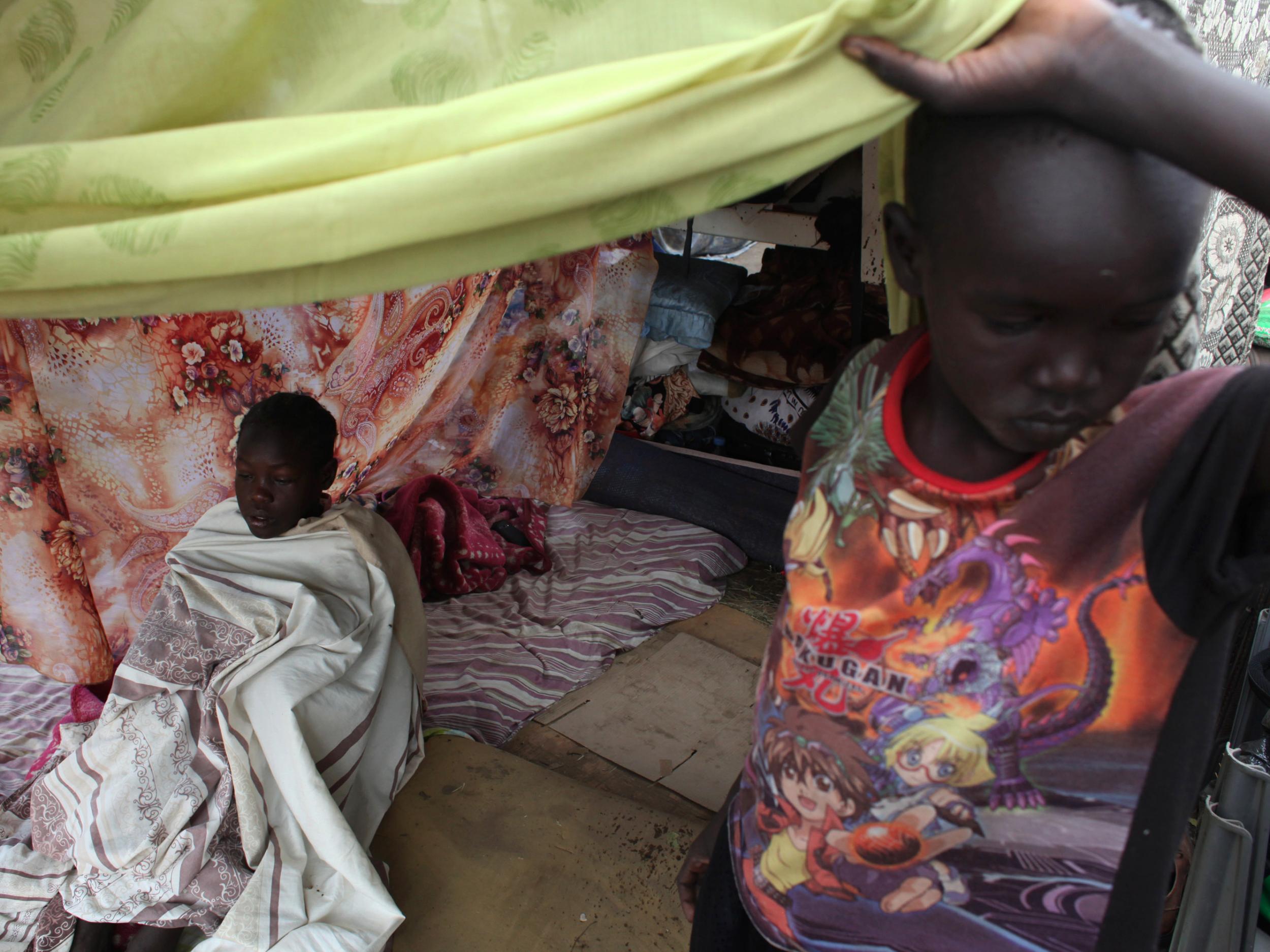South Sudan: 15 young children die due to botched measles vaccinations
Health Ministry says children as young as 12 years old were administering injections

The South Sudanese government says 15 young children have died as a result of a botched measles vaccination campaign.
All of the children who died were under the age of five, said the Health Ministry, which blamed the deaths on human error.
One syringe was used for all the children over four days, it said, and the vaccine was not stored properly – with children as young as 12 years old administering injections.
The United Nations said the children died of “severe sepsis” and “toxicity” from the contaminated vaccine.
A measles vaccination campaign is targeting more than two million children across South Sudan, the world’s youngest country and one of the poorest.
The highly contagious disease is yet another challenge facing the East African nation that already has been devastated by more than three years of civil war and a recently declared famine, as well as a cholera outbreak.
The deaths occurred in the town of Kapoeta in south-east South Sudan. There were plans to vaccinate about 300 children in the area.
Another 32 children suffered fever, vomiting and diarrhoea but recovered, a joint statement by the World Health Organization (WHO) and the UN children’s agency Unicef said.
The government said it is setting up a commission to determine who is responsible and whether victims’ families will be compensated.
Measles is caused by a virus and can be serious and potentially deadly, especially for babies and young children. It caused 134,200 deaths globally in 2015, according to the WHO.
Abdulmumini Usman, the South Sudan country director for the WHO, told Associated Press earlier this week that even after the organisation became aware of the deaths, the measles campaign continued across the country except in Kapoeta.
“This campaign is lifesaving,” Mr Usman said.
WHO provides some training to South Sudan’s health officials and the UN children’s agency provides the vaccines to the government. It was not immediately clear whether any UN officials were present at the time of the botched vaccinations.
The joint statement by WHO and Unicef said the vaccination team involved in the deaths was “neither qualified nor trained”. It called the deaths a “tragic event”.
The civil war has killed tens of thousands and sent more than 1.8 million people fleeing the country, creating the world’s fastest-growing refugee crisis.
In 2016, South Sudan had at least 2,294 measles cases and 28 people died, according to UN data.
The latest UN statement said the risk of measles in the country remains “extremely high”.
Join our commenting forum
Join thought-provoking conversations, follow other Independent readers and see their replies
0Comments